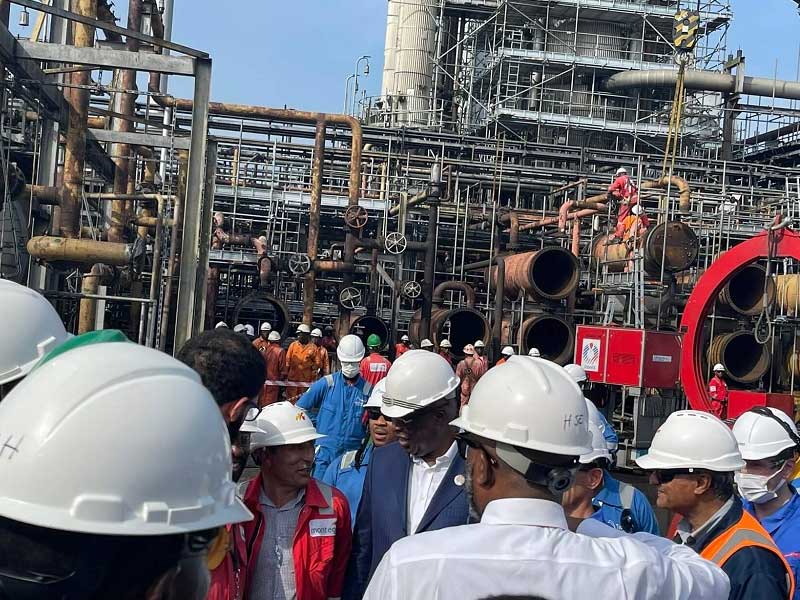
Amid the evolving landscape of U.S.-China trade relations, CATL , one of the world’s largest battery manufacturer, has expressed interest in establishing a manufacturing plant in the United States.
What Happened : Robin Zeng , the founder and chairman of CATL, shared this perspective in a recent interview. “Originally, when we wanted to invest in the U.S.

, the U.S. government said no,” he said.
“For me, I'm really open-minded.” Chinese battery and electric vehicle companies have faced significant barriers in entering the U.S.
market due to protectionist trade policies initiated during Donald Trump ‘s first term. These measures, supported by both major political parties, were implemented over national security and competitive concerns. Under the Biden administration, Chinese-made batteries are ineligible for consumer EV subsidies, and vehicles with Chinese connected-car technology face restrictions.
Moreover, Chinese EV imports are subject to a 100% tariff, effectively banning them from the U.S. market.
“I do hope that in the future they are open to investments,” he said. See Also: Lucid CEO Scrambles For Damage Control As Shares Plunge 47% This Year: ‘As A Major Shareholder..
.Believe Me, Nobody Is More Incentivized Than Me For Success’ Despite these challenges, Zeng remains optimistic about U.S.
expansion, encouraged by Trump’s comments on incentivizing foreign automakers to build plants and hire workers in the U.S. Currently, CATL’s involvement in the U.
S. is limited to licensing deals with companies like Ford Motor Co. F and Tesla TSLA .
Why It Matters : During his campaign, Trump promised to hike tariffs on foreign goods , including import fees of up to 60% on Chinese-made goods entering the U.S. The potential entry of CATL into the U.
S. market will be significant, considering the company’s ongoing efforts to expand its global EV battery supply chain. In May 2022, CATL was reportedly evaluating sites in the U.
S. for manufacturing plants, with a focus on South Carolina and Kentucky, where Ford and BMW have existing facilities. CATL’s collaboration with Tesla is seen as a potential game-changer for the U.
S. EV market, as noted by Morgan Stanley analyst Adam Jonas in March. Jonas highlighted the need for high-quality, affordable batteries in the U.
S., suggesting that a partnership between Tesla and CATL could significantly impact the market. Additionally, CATL’s technology has been at the center of a $3.
5 billion battery plant deal with Ford in Michigan, which drew scrutiny from U.S. House committees in July 2023.
The committees expressed concerns about the potential influence of the Chinese Communist Party over the U.S. automaker.
Ford, however, maintained its commitment to owning and operating the plant on U.S. soil , contrasting with competitors that import batteries from China.
Read Next: Warren Buffett’s Apple Stake Reduction Spurs $97B Cash Surge—Analysts Speculate This Could Be The Reason Behind Berkshire Hathaway’s Massive Cash Pile Image via Shutterstock Disclaimer : This content was partially produced with the help of Benzinga Neuro and was reviewed and published by Benzinga editors. © 2024 Benzinga.com.
Benzinga does not provide investment advice. All rights reserved..














